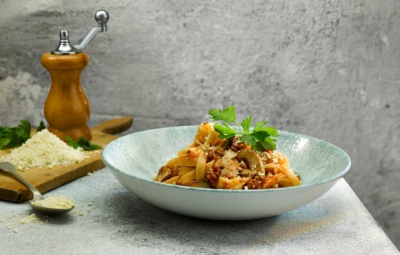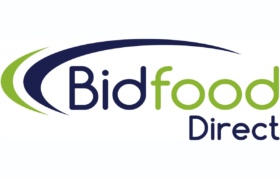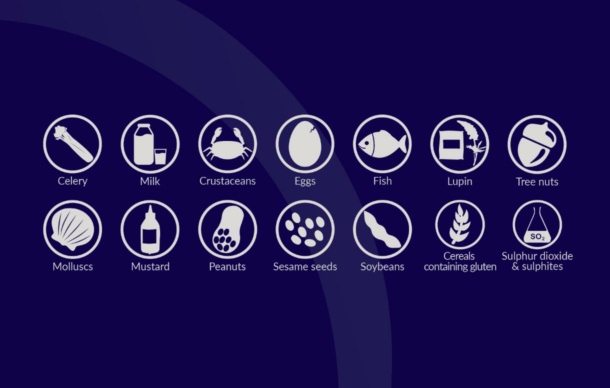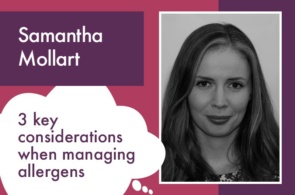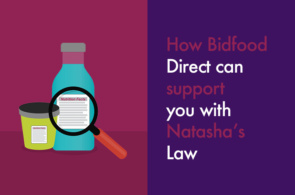“For your equipment – make sure you are using separate utensils, keeping chopping boards segregated and have clean down procedures for each. Make sure you don’t claim to be gluten free if you still handling wheat flour in the kitchen and cant remove the risk of contamination through segregation of time and space. If you need to use the fryer for gluten free dishes, make sure this fryer is for gluten free products only, and have one for fish and one for meat.
Ensure all ingredients are stored in a sealed and labelled container to avoid confusion, and have a look to see if your spillage policy is updated and in one place.
Making sure all menu change allergens are up to date for staff to use and being aware of menu allergen changes are also essential. As well as making sure the staff training in the kitchen and front of house is all up to date – have a designated person on each shift that knows about any changes or allergens, and provide thorough kitchen training so staff know how to avoid cross contamination.
Finally, don’t forget about the garnishing! Always check allergens that may be present in those, and make sure they are listed within the allergen list on menus.“



